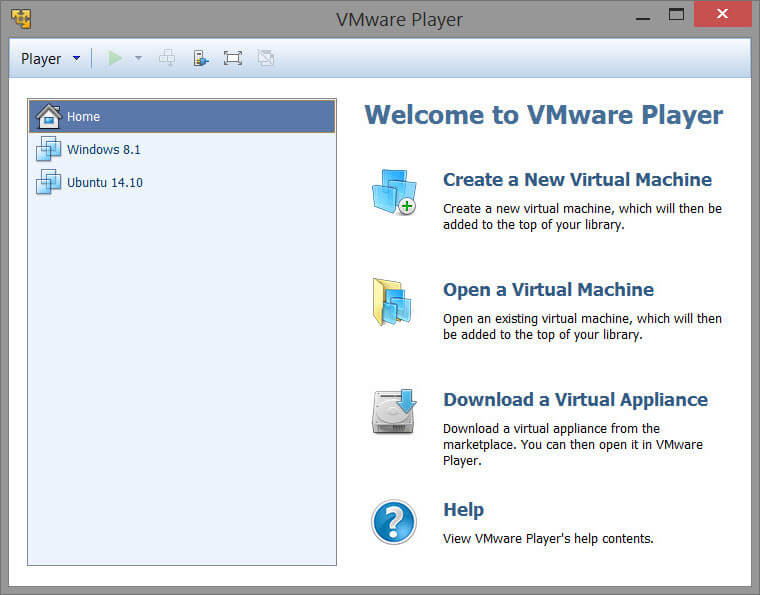

Still, to my understanding the actual fix should be in Linux kernel.Ībout VM, NTFS and Linux kernels - If somebody has tested with a newer kernel (newer than 5.11), let us know what the results are. The problem actually is with VMware - I tested normal file copying and NTFS is NOT a problem in normal copying (I tested with 2 TB dataset), but VMs are just so slow that they are completely unusable. Not sure if the new 5.13 kernel fixes it, since there are newly written NTFS-drivers (see Linus Torvals articles for comments on that kernel). That is true since 18.04 (talking about LTS-versions) and similarly on other Linuxes (I tested a few different, and this is probably a common kernel problem). NTFS cannot be the filesystem for the VM on Ubuntu platform. which isn't corrected just by copying the VM. However, there is one thing, which may or may not have been a problem in your attempt to use Ubuntu host. You can run VMs in turns in Windows and Linux, not a problem (but read the comments below). USB-3 interface is a must there, but recent laptops have it (or have better generations of it).

When your guest OS's don't require licensing, copying and moving are no-brainer and I have used them massively between Linux (mostly Ubuntu) and all Windows versions (XP/Vista 64-bit/Win 7/Win10) - zero problems.Īltenatively, which I have used extensively because recent high-level laptops are very powerful but you will find fast disk space rather limited when you have over 10 VMs with lots of data, you can run your VMs from an external SSD-drive and thus have unlimited, affordable space for VMs. Using a zip file, like suggested above, makes the copying more robust, too. A faulty copy is the most common error in this regard. Use a reliable copying method - GUI copying in Windows is not one of them - robocopy in Windows or rsync on Linux. You can just copy or move them over to another place. There is no point in creating/importing virtual computers on each host. just for further clarification of the issue:


 0 kommentar(er)
0 kommentar(er)
